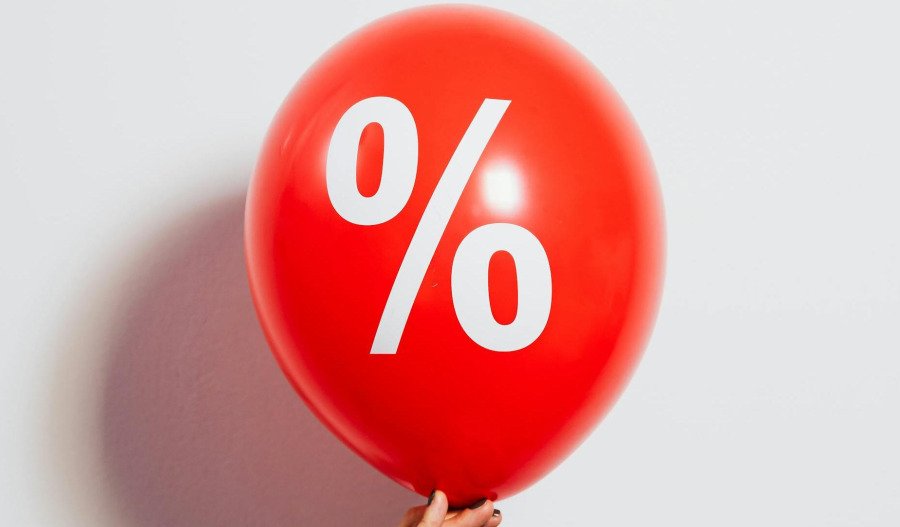The Reserve Bank of Australia (RBA) has surprised the financial markets by not cutting the official cash interest rate.
The decision to leave rates unchanged was unexpected because the market had been factoring in a 25-basis point reduction to 3.60%.
In fact the Australian Securities Exchange’s RBA Rate Tracker has put the chances of a reduction of this magnitude at 97%.
The announcement came at the end of a meeting of the RBA's Monetary Policy Board, which convenes eight times a year.
The Australian central bank last changed rates when it lowered the cash rate by 25 basis points on 20 May, signalling it was taking a careful approach to monetary policy.
The decision was not unanimous with the RBA disclosing in a statement it was made by majority with six in favour and three against.
In a statement after the meeting, the RBA’s Monetary Policy Board said inflation had fallen substantially since the peak in 2022, with headline inflation at the midpoint of the target range in the March quarter while trimmed mean inflation was at 2.9%.
It said the baseline forecast in May was for underlying inflation to continue to moderate to around the midpoint of the 2-3% range with the cash rate assumed to follow a gradual easing path.
Although recent monthly inflation data suggested that June quarter inflation was likely to be broadly in line with its forecast, they were slightly stronger than expected at the margin.
“With the cash rate 50 basis points lower than five months ago and wider economic conditions evolving broadly as expected, the Board judged that it could wait for a little more information to confirm that inflation remains on track to reach 2.5% on a sustainable basis,” the Board said in the statement.
The Board said it remained cautious about the outlook and would be attentive to the data and the evolving assessment of risks to guide its decisions.
“In doing so, it will pay close attention to developments in the global economy and financial markets, trends in domestic demand, and the outlook for inflation and the labour market,” it said.
The cash rate, the interest rate that banks pay to borrow funds from other banks in the money market overnight, influences all other interest rates, including mortgage and deposit rates.



